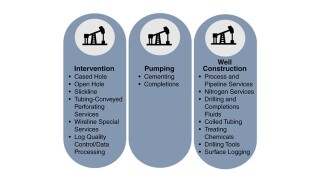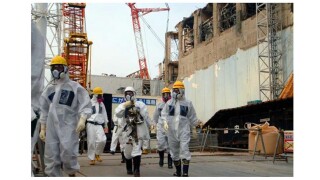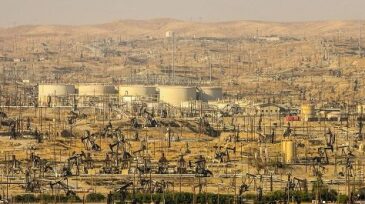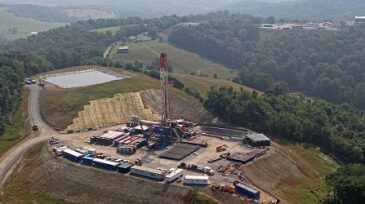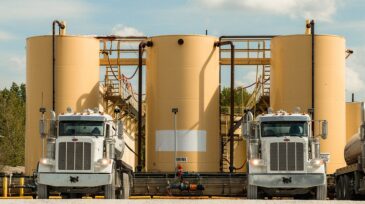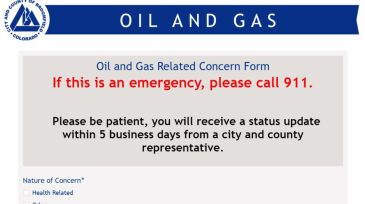Health
This paper examines how real-time monitoring can improve both incident prevention and emergency response in the oil and gas industry. Drawing from real-world examples and case studies, it provides practical strategies for implementing this technology effectively.
This paper describes a risk-based self-verification process conducted through a bespoke software application.
This paper discusses and demonstrates the limitations of quantitative risk assessment (QRA) with respect to the usefulness of the concept in managing day-to-day and emerging risks as well as the effect of change.
-
A team from Uganda's Ministry of Health and the Petroleum Authority of Uganda toured health facilities along the East African Crude Oil Pipeline corridor "to evaluate the readiness of the existing health facilities in the 10 districts along the EACOP route to provide the required health services."
-
Coal, oil, and gas have given communities across the US both steady paychecks and devastating pollution. This essay makes the case for setting health as a priority in meeting our energy demands.
-
Between 2000 and 2017, the suicide rate in the US increased by 40%, with blue-collar workers in industries such as mining, oil and gas extraction, construction, agriculture, transportation, and warehousing most at risk, according to a new study from the Centers for Disease Control and Prevention.
-
Oil and gas wells produce nearly a trillion gallons of toxic waste a year. An investigation shows how it could be making workers sick and contaminating communities across America.
-
Wood Mackenzie expects the ongoing outbreak and disruption to the world’s second largest economy to be a one-off event, yet it could remove at least 500,000 B/D of crude demand in the short term.
-
Twenty safety and health leaders from various industries were asked to give their predictions on the trends they see most affecting occupational health and safety in 2020 and beyond, and several themes emerged.
-
Managing noise exposure is complex in terms of accurately assessing sound levels, identifying and ranking the dominant noise sources, and finding effective control solutions.
-
A survey focusing on oil and gas executives found that only 52% said their organizations have traveler health and safety programs in place.
-
With at least 600,000 people killed or disabled each year, snakebites are a serious public health concern. For projects in Africa, Asia, and Latin America, the oil and gas industry needs to consider the risks to workers and its responsibility to support communities against this silent killer.
-
Residents in Broomfield, Colorado, now can submit concerns about medical issues that could be related to living near an oil and gas facility. The city had a form for filing complaints about oil and gas in Broomfield and has added a new box specifically for medical concerns.


